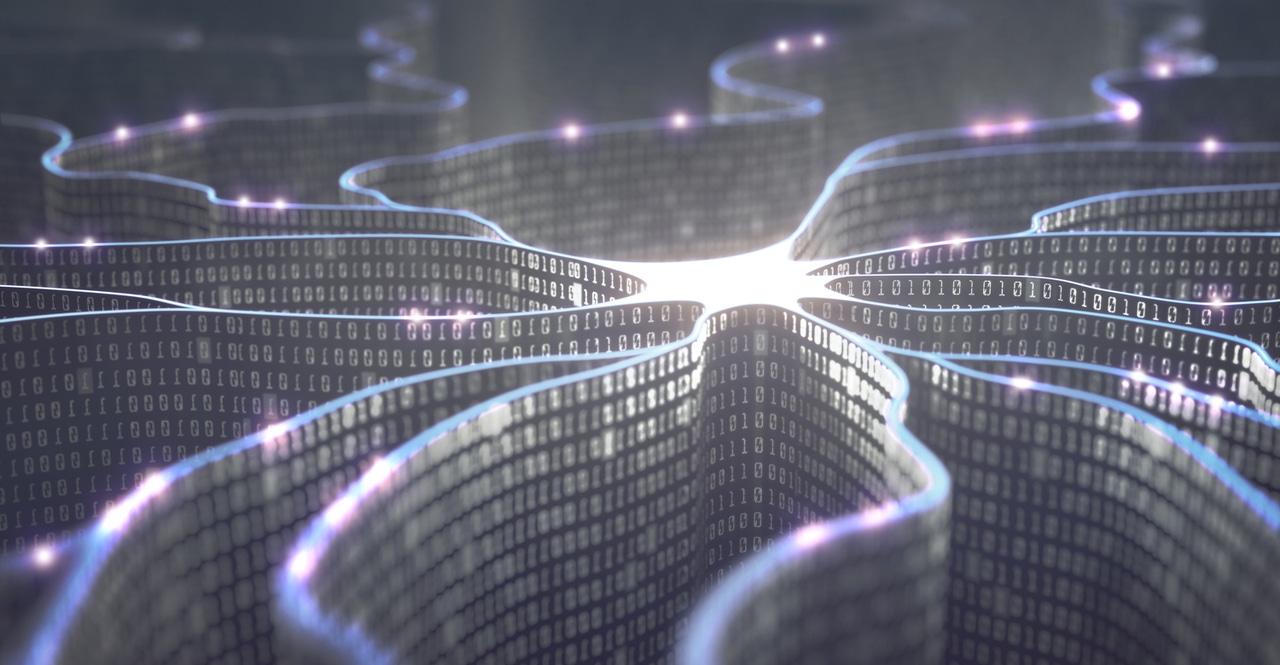5 Ways AI Could Reshape Data Centers5 Ways AI Could Reshape Data Centers
We look at how AI could impact the data center industry, and which changes we can reasonably expect to see in coming years.

Artificial intelligence has made plenty of headlines recently, thanks especially to the ability of tools like ChatGPT or GitHub Copilot to generate everything from code to poetry.
But what can AI do for data centers? That question has received less attention, especially outside the context of discussions of AI-powered data center monitoring solutions – which, while important, don't exactly represent the cutting edge of AI technology.
So, let's take a look at other ways in which AI could impact the data center industry, and which changes we can reasonably expect to see in coming years.
Better physical security at data centers
Physical security is paramount for data centers, which need to be able to protect assets against unauthorized physical access by intruders. Unfortunately, physical security has traditionally been costly to provide, because it largely hinges on having security personnel on site to detect and respond to breaches of the physical perimeter.
AI can help in this regard by analyzing data that can help to detect physical intrusions. For example, by parsing video streams in real time, AI could potentially identify individuals who pose a risk. It would also free humans from having to watch videos continuously to detect risks.
Don't expect on-site security personnel for data centers to disappear, but do expect AI to help them do their jobs more efficiently.
Data center energy management
Making decisions about when to switch a data center from one power source (like solar) to another, or how to plan ahead for anticipated energy challenges (like a heat wave that pushes cooling systems to the brink), has typically required humans to perform careful analyses. Given the many variables involved, there are no simple formulas or procedures to follow when managing energy sourcing and challenges within data centers.
Given the sophistication of modern AI, however, it's feasible for AI to assume some of this decision-making. Data center operators might still want humans in the loop to double-check the recommendations of AI tools, but it's plausible for AI to take the lead in managing energy, rather than expecting humans to track energy usage and get ahead of challenges manually.
Capacity management
In a similar vein, managing data center capacity – which encompasses tasks like scaling infrastructure up or down to align with demand and ensuring that physical space grows at a pace that is in sync with the market – has traditionally been a manual affair. But AI could help to automate it. By parsing the many factors at play in determining how much capacity data centers will require in different regards at different times, AI can help operators make more informed capacity management decisions.
Incident response
When something goes wrong in a data center – the power fails, someone accidentally shuts off a switch, a cyberattack disrupts critical equipment and so on – it's critical to determine as quickly as possible what happened, what was affected and how to fix it.
In the past, data center management teams have planned for these challenges by creating incident response "playbooks," which spell out what to do in response to different types of challenges.
Playbooks remain useful, but modern AI provides another tool that operators can leverage to manage incident response. AI can assess situations and help plan responses more quickly than humans, a feat that is likely to prove especially valuable in contexts where no response playbook exists because no one anticipated a certain type of crisis ahead of time.
Growing demand for AI-friendly data center hardware
The surge of interest in modern AI technologies has also fueled a surge in demand for data center infrastructure optimized for running AI workloads, such as servers capable of performing GPU acceleration. Going forward, data center operators will likely be able to benefit from catering to this niche, especially given that AI-optimized hardware, unlike commodity servers, is more difficult to obtain from public clouds.
Demand for AI-friendly data centers doesn't represent a new way of leveraging AI to help operate data centers, but it does create a market opportunity for data center operators.
Conclusion: AI and the future of data centers
The application of modern AI technologies to data centers remains in the early stages, but there is enormous potential. In the years ahead, expect to see AI do much more than simply help data center teams monitor assets. AI also has a role to play in physical security, capacity management, incident response and beyond.
About the Author
You May Also Like









